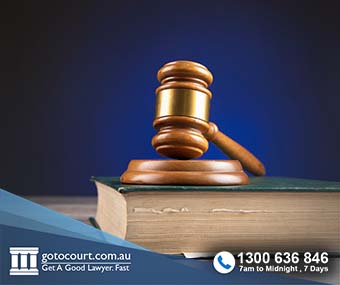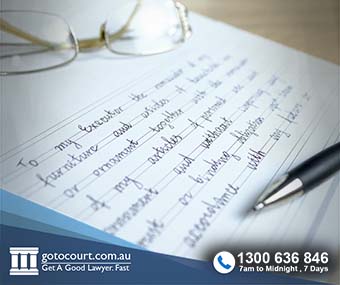Consenting to a Medical Procedure in New South Wales
Before a medical professional performs a medical procedure on a patient, the patient must give their informed consent. This is because of the principle that everyone has an inviolable right to decide what happens to their body. This page deals with consenting to medical procedures in New South Wales.
Legislation
The Guardianship Act 1987 and Children and Young Persons (Care and Protection) Act 1998 are the relevant pieces of legislation governing consent to a medical procedures in NSW.
Informed consent
Doctors are legally required to obtain a patient’s informed consent prior to providing medical treatment. This includes explaining the following:
- The nature of the medical problem;
- How they propose to treat it;
- Any risks, especially in the light of the patient’s age and health; and
- The likely cost of the procedure.
How consent is obtained
Before treating a patient, a doctor must establish that they have given informed consent to the procedure. Consent can be express or implied and it can be verbal or written. For example, if a person exposes their upper arm to receive an injection, this can be taken as implied consent.
There are four legal requirements that must be satisfied for consent to be validly given:
- The patient has the capacity to provide consent for the procedure;
- Consent is given voluntarily;
- Consent is given in relation to the procedure in question; and
- The patient is properly informed about the procedure before providing consent.
Having the capacity to provide consent
Doctors must determine whether a patient is of sound mind and has the capacity to understand the nature and effect of their decision to consent to a medical procedure. This understanding must be communicated orally, in writing, or through actions.
A child under the age of fourteen, persons affected by certain mental illnesses such as advanced dementia, brain injuries, intellectual disabilities and persons who are affected by drugs or alcohol are not considered to have the capacity to give valid consent. Language barriers can also be an obstacle to informed consent.
Providing consent voluntarily
Consent to medical procedures must be given voluntarily in order to be valid. A voluntary decision is a decision that was made without coercion, deception, manipulation or undue pressure.
In certain circumstances, a family member may help a person to decide whether or not they wish to proceed with medical treatment. However, for consent to be valid, this assistance must not constitute undue pressure. This means that a medical practitioner, parent, family member or friend may not pressure or influence you to go ahead with a medical procedure if it is against your wishes.
It is up to your doctor to determine whether you are consenting with your own free will.
Consenting to the procedure in question
The medical treatment you receive is limited by the consent you provide. This means that you can consent to a single procedure without having to consent to an entire program of treatment, if that is your wish.
Any treatment that extends beyond this scope can constitute an infringement of your personal rights in the form of assault, battery or trespass to the body.
In the case of an emergency, however, a doctor may act in your best interests (if you are an adult) and perform lifesaving surgery without your explicit consent if you are incapacitated or it is impractical to obtain your consent.
Ensuring your consent is properly informed
You must be properly informed about your particular medical treatment plan and any potential risks. To obtain your informed consent, your doctor or medical professional is under an obligation to assist your understanding by discussing a combination of the following:
- The diagnosis;
- A recommended course of treatment or a range of treatments;
- The possible risks (in percentage terms) that are associated with the recommended medical treatment or surgery. This includes the nature of your condition, the proposed approach to the treatment, the risks associated with other possible medical options, the likelihood of success, the risks involved with taking no course of action at all, and timeframes and costs; and
- Any significant risks to you as an individual, factoring in your relative health, fitness, age and other underlying medical conditions.
It is important to remember that you have a legal right to refuse medical treatment.
Options if you have not provided consent to a medical procedure
In NSW, if a medical procedure is performed on you without your consent, you may be able to make a claim for battery or trespass to the person. If you successfully sue your medical practitioner you may be entitled to damages in the form of monetary compensation.
The law does, however, protect medical practitioners from liability for assault and trespass in instances where the procedure was necessary due to an emergency or the need to offer lifesaving treatment. Special legislative provisions also deal with circumstances where a patient is not competent, or is intellectually incapable of providing his or her consent.
What you can do next
To find the right answers, you need to ask the right questions.
Being aware of your rights and what you can expect from your doctor or medical professional places you in a position of power to protect yourself and your personal rights.
If you are concerned that valid consent was not obtained prior to your medical procedure you can contact the NSW Government Health Care Complaints Commission.
If you believe that a medical procedure has been performed on you without your consent, you should discuss this with a legal professional.
If you require legal advice or representation in any legal matter, please contact Go To Court Lawyers.




